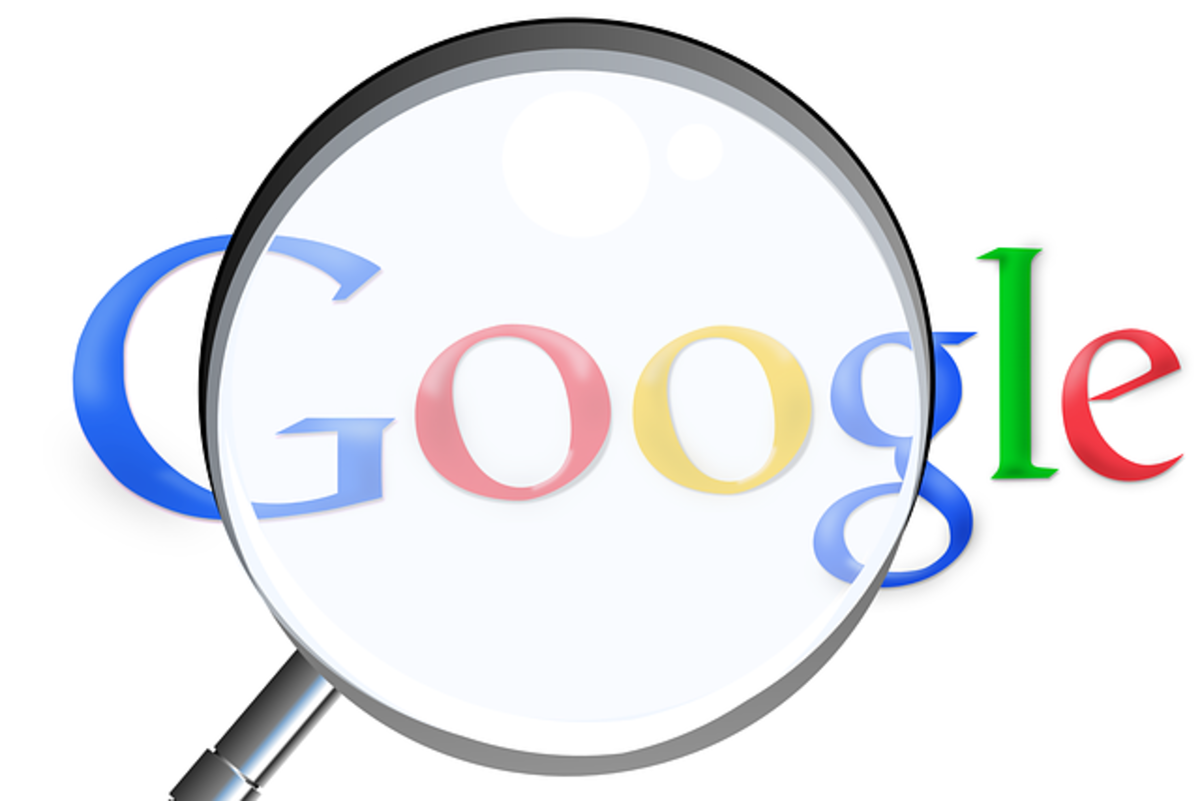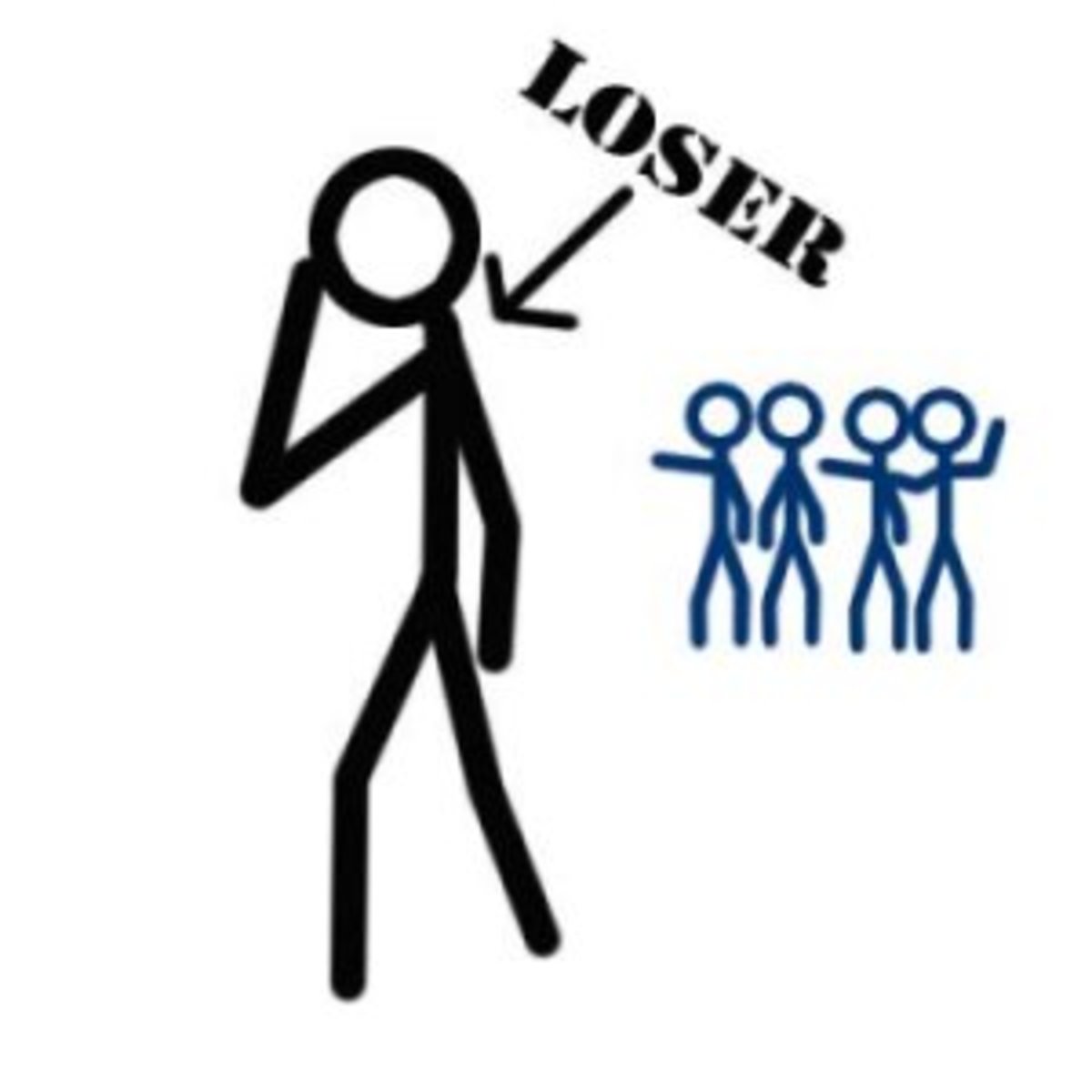My Content was Copied: What Do I Do About Duplicate Content
Posting Content on the Internet
Anything that you write on the internet is capable of being copied. I mean, yea you can code your website so that users cannot highlight and copy the content, but that doesn't rule out the "PrintScreen" button on the keyboard. Although, that makes it so much harder to copy, as the person would have to retype everything, it will not stop anyone from copying.
A person who really wants to copy your work, whether that be text, pictures, or anything else, will copy it.
And, when your content is duplicated (large blogs of content copied from your work nearly in an exact word-for-word manner and pasted onto another website), it can actually harm your traffic, as according to Google, when search engines notice that the same content is repeated within a search, they start to index more unique content, pushing the duplicate content further down the search page.
In some cases, you'll find that your duplicated content may even show a lower page rank, if the search engines think that there is intent to manipulate the ratings by adjusting the indexing or ranking of all sites involved (IE all sites with the same duplicated content).
And, even more extreme, the site may be removed altogether from the search results. But, typically, Google and other search engines are able to distinguish which was published first, so that the copied content is the one which is penalized.
There are things that you can do to address copied content concerns and issues, though.
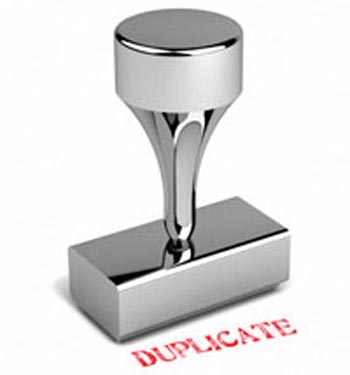
Proactively Address Duplicate Content Concerns
According to Google, you can take the following steps to address duplicated content issues, even in its non-malicious form (for example web version and printer friendly version).
- Block pages from being indexed: In cases of non-malicious duplicated content, you can block the 'Printer Friendly' version, so that the search engines don't get to decide which is the best version of the content.
- Use 301: If you have your own site, you should consider using 301, which redirects users, Googlebots, and other spiders using .htaccess files.
- Consistency: Keep your internal links consistent.
- Use top-level domains: By using "top-level" domains wherever you can for country-specific content. For example, users would more easily recognize that content on a website with the URL of www.example.au has Australian-focused content, versus an URL that is www.example.com/au or au.example.com.
- Syndicate carefully: By syndicating your content on other websites, search engines will decide which version they want to head the top of search results, which just may not be the version that you'd prefer. If you do syndicate, make sure to link back to the original content, in case search engines pull up the duplicated info versus the original. Although, this may not be the case if someone takes your content without posting the backlink to your original content.
- Use Webmaster Tools: By using Webmaster Tools, you can tell search engines to pull your preferred domain and content, versus the copied content being the first to pull up in a search result.
- Minimize similar content: Make sure that if you have multiple pages on your website or blog with similar content, that you expand the pages so that they each have unique content in addition to the similar content.
For more details about addressing duplicate content per Google, check out the official Google Webmaster Central Blog. You will find the above info as well as more tips. (Oh and don't worry, I didn't word-for-word copy the above content from the Google Blog.)

If Your Content Has Been Copied
There are a few things that you can do... First off, duplicate content is not means for a lawsuit action or anything like that, but you actually can push a lawsuit. But in many cases, there's not much that can be done unless the content has been copied and pasted with intent to manipulate search engines.
But, there are a few things that you can try to get the copied content removed from the other website, blog, or article. You just want to make sure that you catch the copied content before the search engines think you're the one who duplicated the content, and your content is removed from search engine results.
First, try to get in contact with the person who posted the blog or article. content. In may cases, the user will remove the content.
If the website has Google Adsense running on the page, you may just want to skip straight to filing a DMCA claim with Google (see the link below to go straight to Google), as you never know if there will be any retaliation and fraudulent clicks on your website, when you contact the other person for duplicating your content. And, you don't want your Adsense account penalized, or shut down, as a part of trying to have copied content removed from another website.
All in all, I've actually found that some people copy your content without realizing that it was yours or that you didn't want it copied. Typically, those people apologize and quickly remove the copied content. Otherwise, those people who know they did something wrong and are passing your work as their own for all purposes of the content, they will usually pitch a fit and argue with you.
The second group of people are those that you want to watch out for. Just remember that when emailing anyone about possible copied content, you make sure that you are as professional as you can, and that no matter what, you don't stoop any lower than the other person, as the emails are your words in writing and they may come back to haunt you.
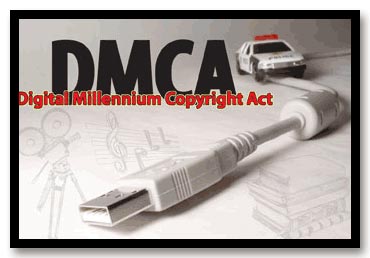
Next, if the user refuses to delete your content, try to go to the owner of the website. There will typically be a contact button or link where you can contact the website owners, especially if the content was copied to a blog or article site. As for a personal website, that's another situation, as usually the website owner is the person who posted the information.
Lastly, if you still can't get any resolution by going straight to the source, you'll want to file a DMCA request claim, whether electronically or by mail, so that you can claim full ownership of the content and request that the copied content be removed from search indexes.
Most of the time, when filing a DMCA claim, you'll need to include:
- What content has been copied.
- Description of where the copied content is.
- Your name, address, telephone number, and email address
- A statement that says a) "that you believe in good faith that the use of the content that you claim to infringe your copyright is not authorized by law, or by the copyright owner or such owner’s agent" and b) "under penalty of perjury, that all of the information contained in your Infringement Notice is accurate, and that you are either the copyright owner or a person authorized to act on their behalf."
- An electronic signature (line 1: /Jane Doe/ line 2: Jane Doe)
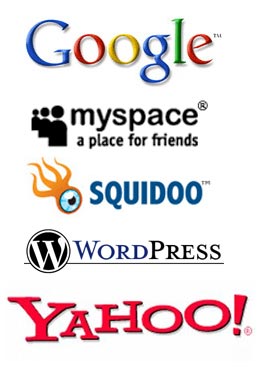
Infringment Notification
Although, the steps are going to be slightly different for different websites, you'll find that to some degree they are similar. When you are claiming infringment, you will want to see what the particular website wants you to do in order to have the situation researched and corrected.
Below, you'll find just a few places that your content will frequently be copied and pasted onto. Follow their rules and steps, and you should have your content removed from the other person's page, article, blog, or overall search indexes, as soon as the situation is researched.
- Google DMCA: Go straight to Google and have their legal department check out the situation. Make sure to carefully follow the instructions to file your infringement notification.
- Blogger: If you think that your content was copied and pasted on a Blogger blog, you will want to follow this link, as you will get Google's Blogger infringement notification steps.
- MySpace: Because MySpace offers a blog where people can post content, that leaves people the opportunity to copy and paste your content on their blog on MySpace. You will want to see section 9 of the link above, which will basically refer to you the MySpace Copyright Agent to state your case of claimed infringement.
- WordPress: If your content was copied from your website, blog, or article, to a WordPress blog, whether that blog is on a WordPress domain or a purchased domain that is hosted with WordPress, you should check out the Complaints page (the WordPress link above) so that you can find out proper steps to having your content removed from the blog.
- Yahoo: In terms of copied content on Yahoo, you'll find the most common place to find your content is in the Yahoo Answers area. If you find your content anywhere on Yahoo, contact them so that they can research the situation.


